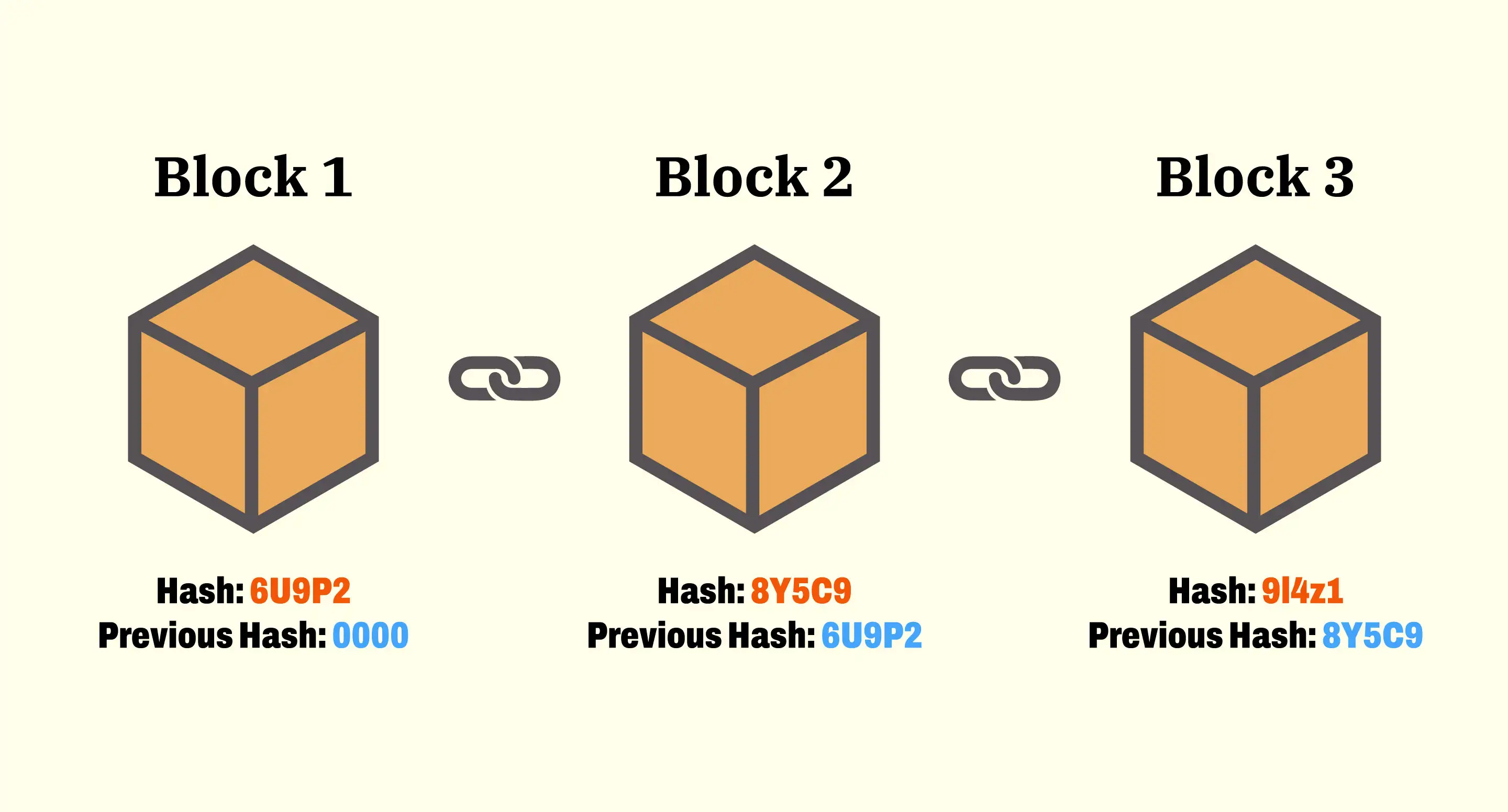Pulse of Information
Stay updated with the latest news and insights.
Blockchain: The Digital Ledger that Wants to Change Everything
Discover how blockchain is revolutionizing industries and reshaping our future. Dive into the digital ledger that aims to change everything!
Understanding the Basics: How Blockchain Works and Why It Matters
Blockchain technology is fundamentally a decentralized digital ledger that records transactions across multiple computers. This ensures that the recorded data cannot be altered retroactively without the consensus of the network. The core components of how it works involve cryptography, where each transaction is securely encrypted, and a process called mining, which involves validating transactions by solving complex mathematical problems. Each transaction adds a 'block' to the 'chain' of previous transactions, creating a transparent and immutable ledger. Understanding these basics is crucial as it lays the foundation for grasping the broader implications of blockchain technology.
The importance of blockchain cannot be overstated, as it has the potential to revolutionize various industries by enhancing security, transparency, and efficiency. For instance, in finance, blockchain facilitates faster and cheaper cross-border transactions without the need for traditional intermediaries. Additionally, it empowers users by giving them more control over their data, minimizing the risks of fraud and hacks. As we move toward a more digital economy, comprehending how blockchain works and why it matters is essential for anyone looking to stay informed about the future of technology and its socio-economic impacts.

The Future of Finance: Can Blockchain Disrupt Traditional Banking?
The future of finance is rapidly evolving, and blockchain technology is at the forefront of this transformation. By providing a decentralized and immutable ledger, blockchain has the potential to disrupt traditional banking systems that have relied on central authorities for centuries. This technology enables peer-to-peer transactions, reduces transaction costs, and increases transparency, making the financial ecosystem more efficient. As more businesses and individuals recognize the benefits of blockchain, we may witness a shift where traditional banks struggle to maintain their relevance in an increasingly digital financial landscape.
Moreover, the rise of decentralized finance (DeFi) platforms further illustrates how blockchain could disrupt conventional banking practices. These platforms allow users to lend, borrow, and trade assets without the need for intermediaries, effectively bypassing traditional banks altogether. As regulatory frameworks adapt to accommodate these innovations, it will be crucial for banks to re-evaluate their services and consider integrating blockchain solutions to remain competitive. Failure to adapt could result in a significant loss of market share as consumers gravitate towards the more efficient and accessible financial options that blockchain technology offers.
Blockchain Beyond Cryptocurrency: Exploring Real-World Applications
While most people associate blockchain primarily with cryptocurrency, its potential applications extend far beyond the realm of digital currencies. Blockchain technology is characterized by its decentralized and transparent nature, making it an ideal solution for various industries looking to enhance security and efficiency. For instance, in the supply chain management sector, companies are leveraging blockchain to create immutable ledgers that track products from manufacturing to delivery. This level of traceability not only helps in countering fraud but also enables companies to optimize their operations by providing real-time data on product movement.
In addition to supply chain management, blockchain is making waves in sectors like healthcare, where it facilitates the secure sharing of patient records among different providers. This use of blockchain technology ensures that sensitive medical information is not only protected but also readily accessible when needed, thus improving patient care. Furthermore, the voting process has also seen the adoption of blockchain to enhance transparency and integrity. With features like smart contracts, blockchain can streamline processes, reducing the risk of human error and making systems more efficient. As industries continue to explore these innovative applications, it becomes increasingly clear that blockchain technology is set to revolutionize the way we operate in numerous fields.